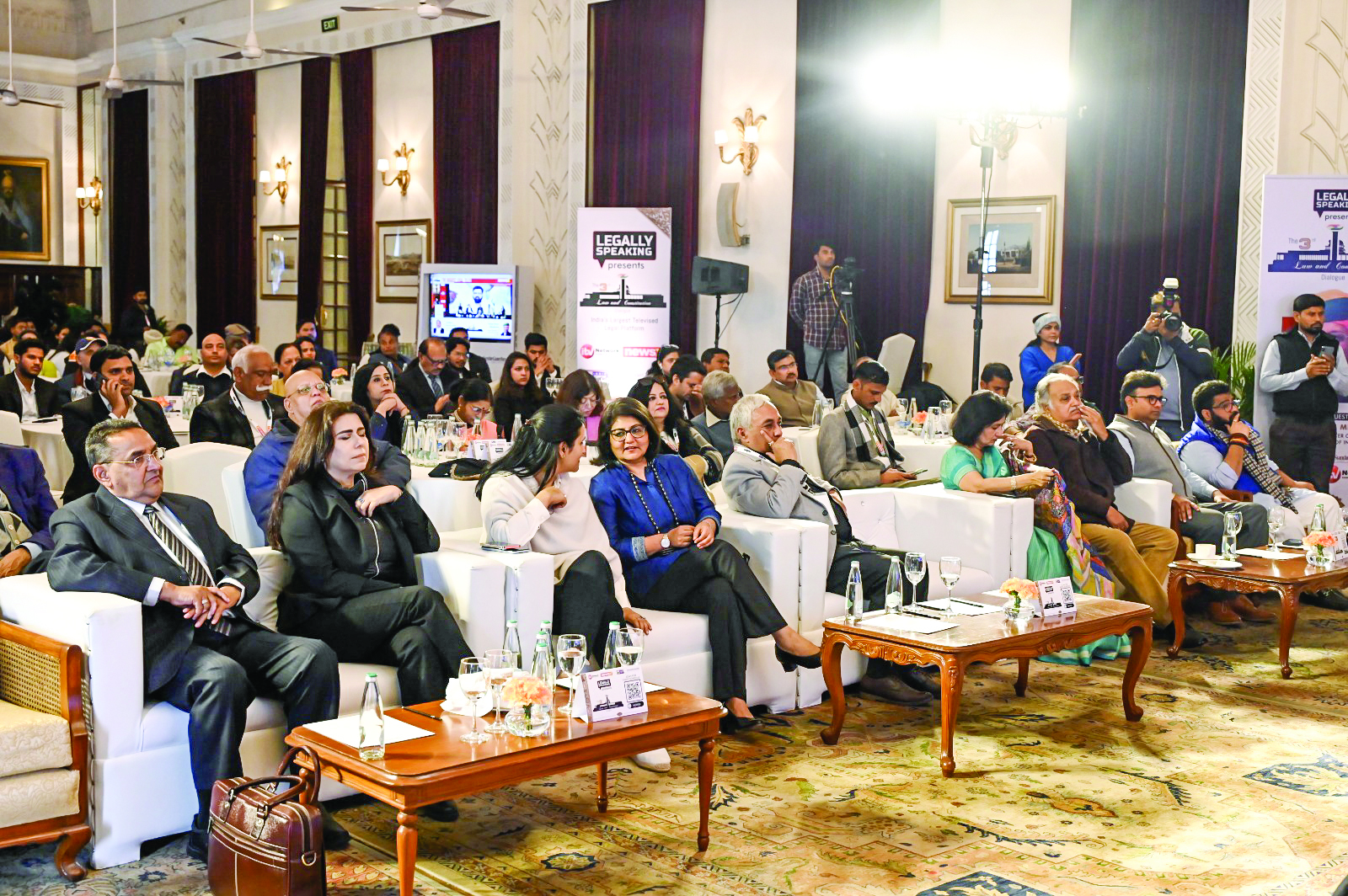BACKGROUND
The second wave of Covid-19 has caused great devastation worldwide. Many students have even lost their parent(s) due to the Coronavirus but the management of the educational institutes seem unconcerned at the plight of the students. It’s already been a year since the schools and colleges are conducting online classes, but the fee charged for this distant education is the same as normal education.
During this lockdown, the parents and the students throughout the world are in a dilemma: is online education what they paid for? As per a survey, 69 percent of students are not satisfied with online lectures. Last year many students of various universities sought a reduction in their overall fees. Although most of the government colleges and Universities are only charging the tuition fee, the same does not hold true for private institutions. Definitely, such colleges/ Universities have leverage over the students.
Some students and parents with their grievance of the fee being charged even approached the High Courts and the Supreme Court. Out of these petitions, some were outrightly rejected by the court while others were given some sort of temporary relief. The contradictory verdicts of courts in similar sorts of matters have created a huge conundrum for the students. This has led to a debate about the quality of education being imparted virtually and physically.
Keeping in mind the warnings regarding the third wave of Covid-19, the educational institutes do not appear to open soon. It seems that online education is the way forward. In this scenario, the article analyzes, if the educational Institutes are justified in demanding the same fees for online classes? Or is online education a deficiency in service on the part of the educational institutions under the Consumer Protection Act, 2019?
THE CONSUMER PROTECTION ACT, 2019
The objective of the Consumer Protection Act is to safeguard the interests of the Consumers. It tries to protect the consumers from unfair trade practices and gives consumers a voice to speak against any flaws in the goods or deficiency in the services rendered. The Supreme Court of India, in its various judgments, has observed that the students come under the definition of a ‘consumer’ and education is a service under the Consumer Protection Act.
Section 2(7)(ii) of the Consumer Protection Act, provides for the definition of a consumer. In simple words, this definition under the consumer protection act includes any person who has hired or availed of any service for a paid or partly paid consideration.
Further, Section 2 (42) of the Consumer Protection Act, 2019 provides for the definition of ‘service’.
The definition of service under the Consumer Protection Act includes service of any description which is made available to potential users. A service provided free of charge or under a contract of personal service is not included in this definition.
Students become the beneficiaries of the services provided by the educational Institutes only after paying the required fees. If the service rendered is not what was promised but is of low standards then it can amount to deficiency in services. Therefore, the students have a right to receive high-quality education as is usually promised during admissions.
THE PLIGHT OF STUDENTS
A student takes admission into an institution for grooming his/ her personality and for the overall development as a human being. Colleges and Universities lure the students into taking admission by way of their huge and beautiful campuses. These campuses not only include classrooms but playgrounds, gyms, laboratories, libraries, auditoriums, etc. But with the onset of the Covid-19 pandemic, the students are offered nothing other than online classes. The Educational Institutions cannot be blamed for the lack of services provided during these times but the least they can do is not to charge for the services they aren’t providing.
EDUCATION UNAER PROTECTION ACT, 2019
Today, there are a plethora of judgments of the Supreme Court in which education was taken to be as per the definition of services under the Consumer Protection Act, 2019.
The Supreme Court of India, in the Bangalore Water Supply Case, observed that educational Institutions fall within the definition of the industry as per section 2(j) of the Industrial Dispute Act, 1947. As the disputes between industry and customers can be redressed under the consumer laws, therefore the disputes between educational Institutions and students also fall under the purview of the Consumer Protection Act, 2019.
The National Consumer Disputes Redressal Commission, in the case of Bhupesh Khurana and others vs. Vishwa Budha Parishad and others observed that imparting education by an educational institution falls within the purview of service under the Consumer Protection Act, 1986. It further observed that fees are paid to Educational Institutions for the service of imparting education and if an institution does not fulfill the requirements as were promised in the advertisement then it would amount to misrepresentation and unfair trade practice.
A similar view was put forth by the Supreme Court in Modern Dental College v. State of Madhya Pradesh in which the appellants sought fixation of fees. The Supreme Court, in this case, relied on its famous judgment of the T.M.A. Pai Foundation Case and observed that there could be a reasonable revenue surplus for the development of education but the object of setting up an educational institution is not to make a profit. Fees charged beyond the cost of running an institution would amount to profiteering.
Looking at the above precedents of the Hon’ble Supreme Court and that of the National Consumer Disputes Redressal Commission, it becomes clear that an educational institution cannot charge such a fee as is not required to fulfill the object of education.
PRESENT VIEW OF INDIAN COURTS
With the onset of the Covid-19 pandemic, the students and parents approached various courts seeking justice. In one such case of Sunil Samdaria Son Of Late Sh. B. L. . v. The State Government Of Rajasthan, the Rajasthan High Court at Jaipur ordered that schools collect only 60% of the tuition fees as ‘Capacity Building Fees’ from the students. It was also observed that during the current circumstances, the School Management does not have to incur expenditure on the upkeep of the school building, electricity charges, and other facilities.
Further, the Supreme Court of India in Indian School Jodhpur & Anr. v. The State of Rajasthan & Ors. directed the School Management of Private Schools to provide a deduction of 15 percent on the fees for the unutilised facilities by the students during the academic year 2020-21. The School Management was also told to be sensitive towards the problems faced by students and their parents.
To reduce the financial burden on the parents, the Madras High Court had also directed the State Government to formulate a scheme for payment of school fees in installments and directed the schools to collect 75% fees for the current academic year. Even the Calcutta High Court ordered that the students need to pay only 80% of the fees. The Supreme Court of India and various High Courts have devised some ways for the Private School managements to take an empathetic approach. However, the courts seem to be silent on providing relief to the University students.
ANALYSING THE COST
Today, there are a lot of colleges and universities offering the same course. However, students do not go for a particular institute just on the basis of its pedagogy but they demand something beyond that. Each college differentiates itself by way of the facilities it offers.
While some colleges allege that their expenses have increased for online classes, most students believe that colleges are profiteering. Logically, moving from physical education using all the facilities a campus provides, to online education would lead to colleges cutting costs. But the benefit of this is rarely given to the students.
Students not only pay for academic classes but for other skills which can only be developed with the infrastructural facilities at the campus. At the time when the Universities are shut and the classes are being conducted virtually, the Universities are saving a lot on small things like electricity, exam fees, hostel charges, stationery, etc. So, if only a part of what was offered earlier is provided now, then the fee should also be paid for that part only.
STEPS TAKEN BY UNIVERSITIES IN OTHER COUNTRIES
The outbreak of coronavirus has left no country unimpacted. Several online petitions have been signed by university students demanding a reduction in the fees. According to an investigation by the UK Parliament, the students were found to be protected under consumer law who can demand a refund of fees in case when the University is not able to provide the education the students paid for. While many universities are not ready to reduce the fee amid the pandemic, the Southern New Hampshire University has taken an amazing step by reducing the college fee by up to 50%. In response to the global pandemic, the university reinvented the campus-based experience to a more affordable and flexible model. This is not just the case with the Southern New Hampshire University but various universities throughout the globe have changed their fee in response to the global pandemic.
CONCLUSION
Covid-19 has caused a great impact on the education system. The students are not able to avail the facilities provided by the educational institutions but are demanded full fees. With increasing job scarcity, education has become a big business and it is becoming very difficult to stop such institutions from profiteering. Although educational institutions have put down the demands of the students seeking a reduction in fees, still many universities have reduced the fee substantially. Providing only limited facilities and demanding complete fees is an unfair trade practice. Therefore, the Consumer Protection Act seems to be a saviour for the students during this pandemic.












